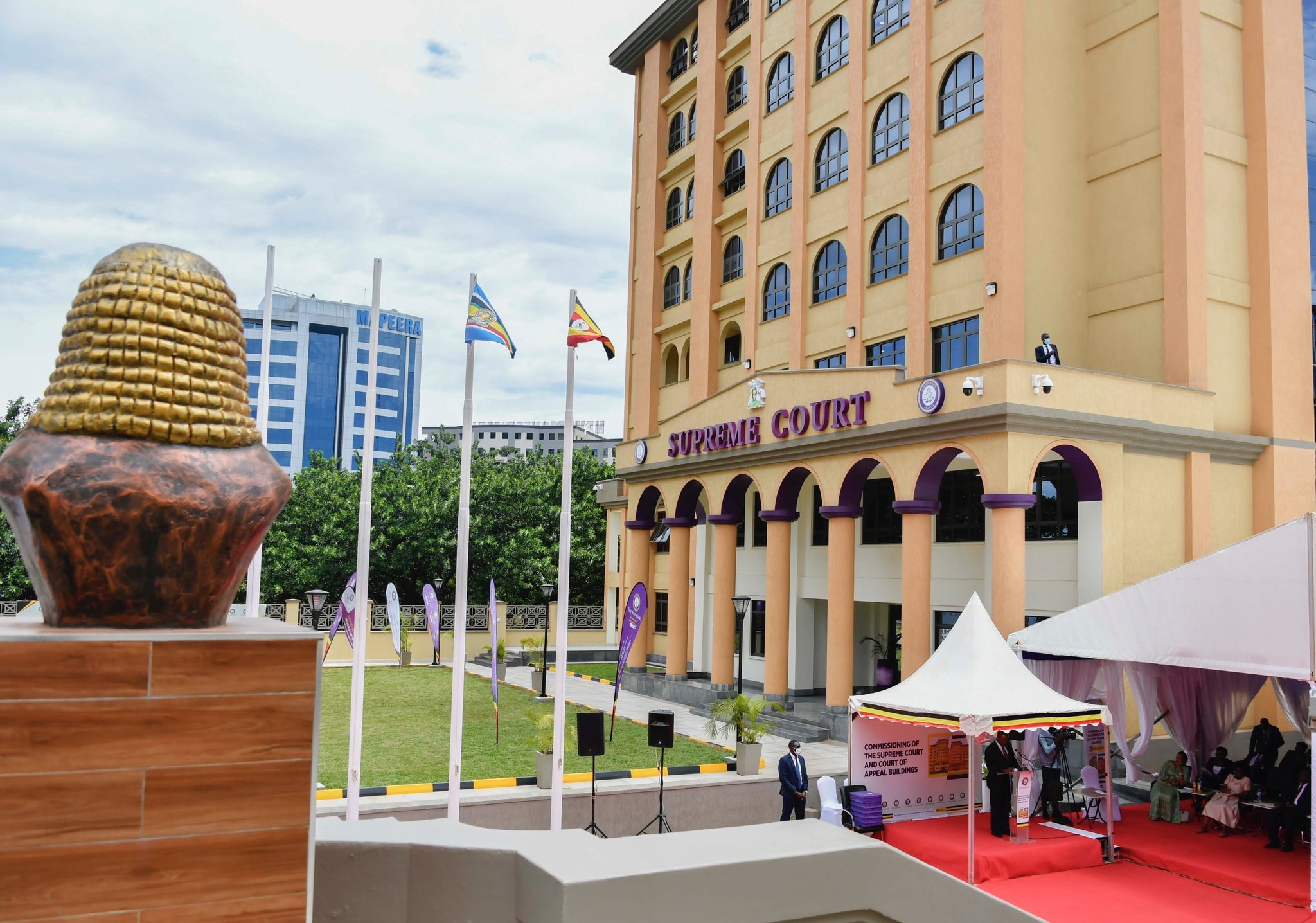Uganda’s Judiciary has raised concerns about interference from high level government officials and members of the armed forces in the execution of court orders. The annual performance report for the financial year 2023/24 highlights the difficulties faced by litigants in enforcing court rulings, citing various instances where the legal process has been obstructed.
According to the report, “highly placed individuals,” including Resident District Commissioners (RDCs) and certain politicians, have hindered the enforcement of court orders. This interference has affected the delivery of justice, as some individuals involved refuse to respect court decisions. The report specifically mentions that some members of the armed forces are also implicated in obstructing legal proceedings, although they remain unnamed.
Uganda’s Constitution, under Article 128(3), mandates that all government organs and agencies respect judicial decisions and cooperate with the Judiciary. Despite this legal framework, the report suggests that certain officials have overstepped their bounds, impeding the justice system.
The report provides a detailed account of the Judiciary’s performance over the past year, covering the activities of its courts and departments. It also discusses the challenges encountered while delivering services, particularly in relation to interference from external actors.
In March 2022, President Yoweri Museveni issued a directive prohibiting land evictions carried out without the involvement of District Security Committees (DSCs), which are chaired by RDCs and Resident City Commissioners (RCCs). The directive requires that any eviction must also involve direct consultation with the Minister of Lands. Museveni warned that officials who allow unauthorized evictions would be held accountable, except for Uganda People’s Defence Forces (UPDF) representatives, who may not always be informed about the details of specific cases.
Additionally, the report highlights the growing issue of vexatious litigation, where certain advocates and litigants are accused of manipulating the legal system. These individuals are said to engage in corruption, file multiple lawsuits, and bypass proper legal procedures. This behavior, according to the report, contributes significantly to the backlog of cases in the court system.
The Judiciary expressed concern about the increasing trend of individuals attacking judicial officers on social media, filing frivolous applications, and taking legal matters into their own hands. To address this, the Judiciary has proposed stringent measures aimed at curbing such practices. These measures may include fines and, in more serious cases, imprisonment for those who engage in vexatious litigation.
The report also acknowledges widespread reports of corruption within communities and court environments. Some court clerks are alleged to provide incorrect information or withhold case files, while middlemen reportedly extort money from individuals in exchange for influencing judicial decisions. These actions, according to the report, undermine the public’s access to court services and compromise the integrity of the judicial process.




















